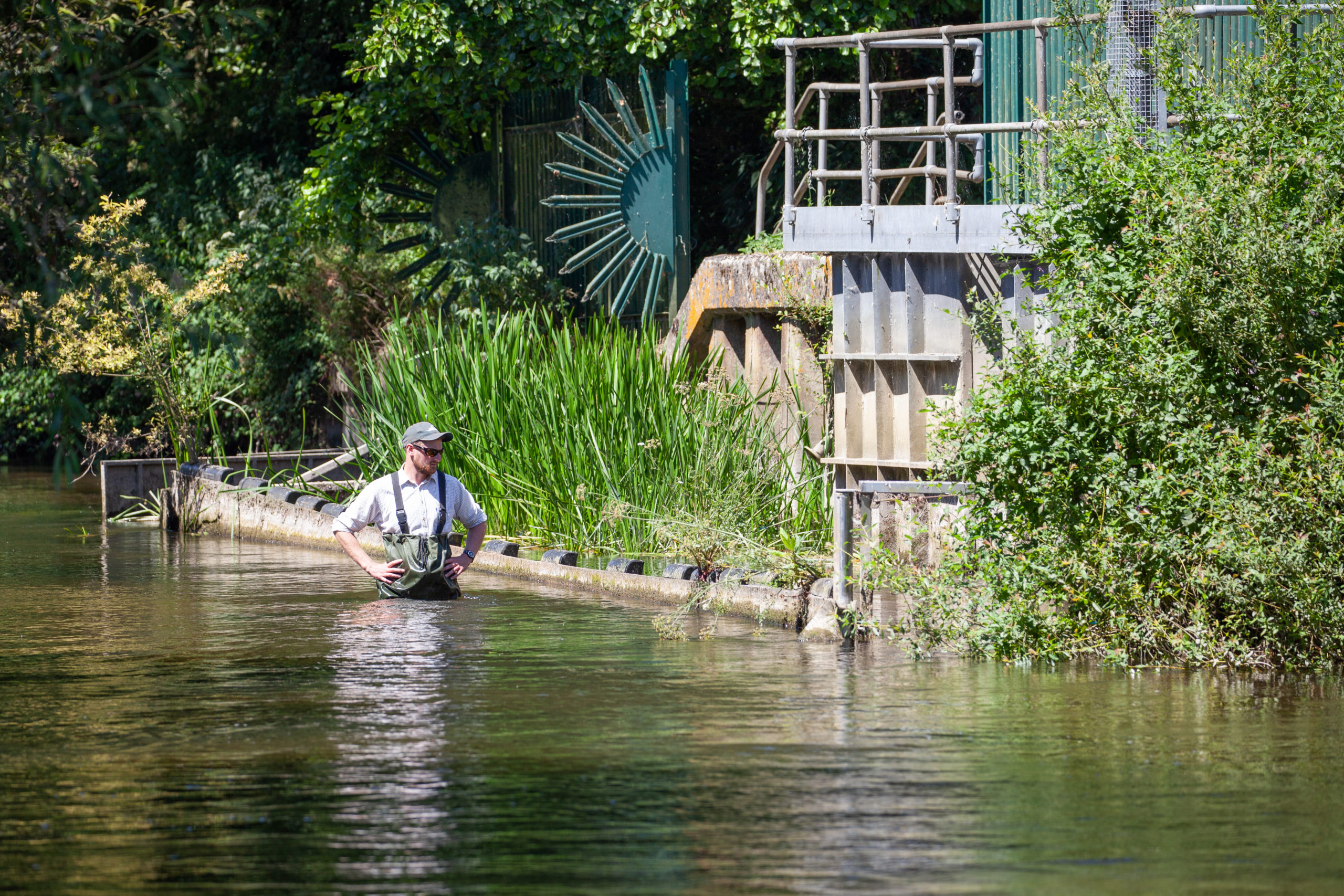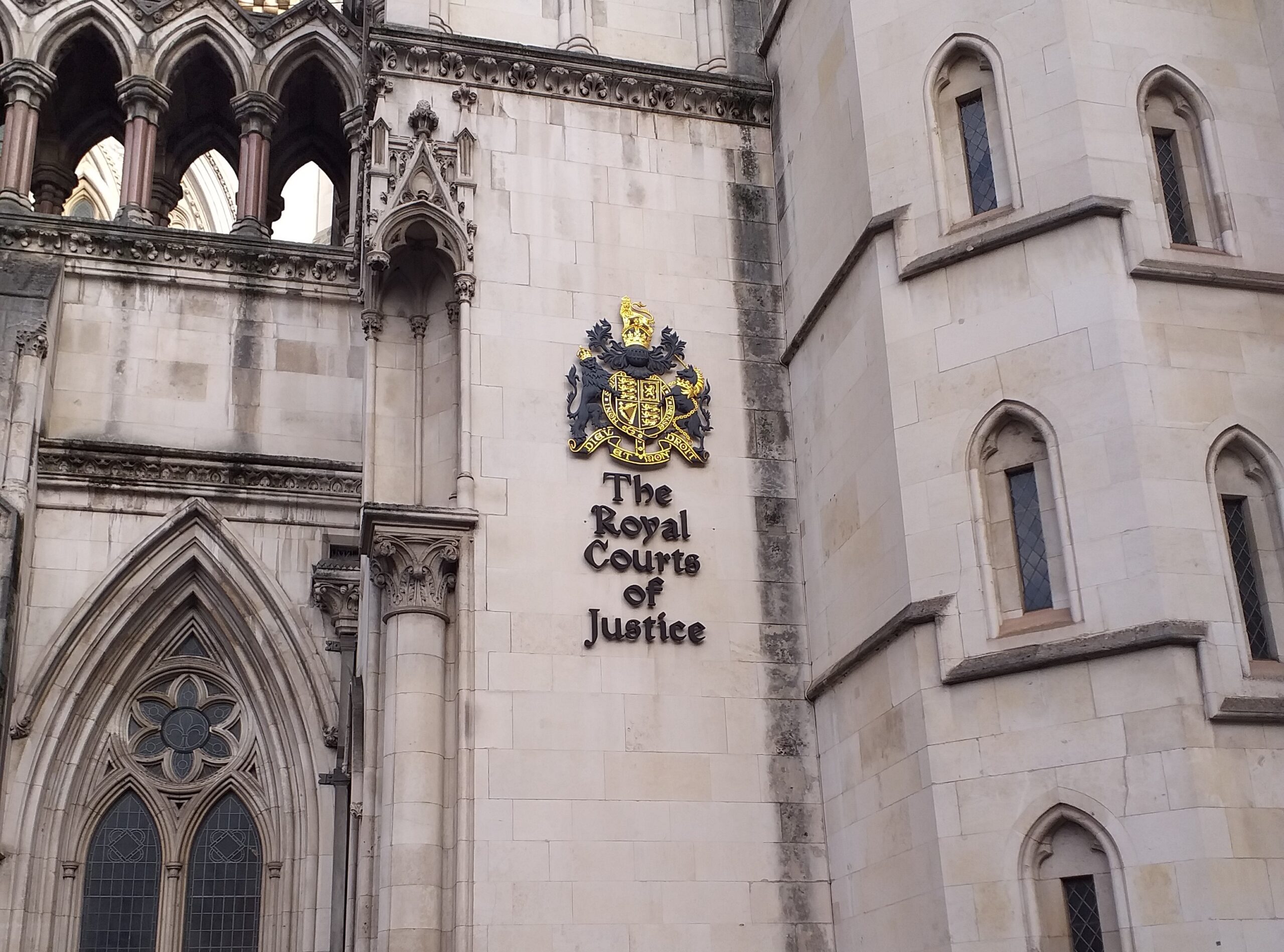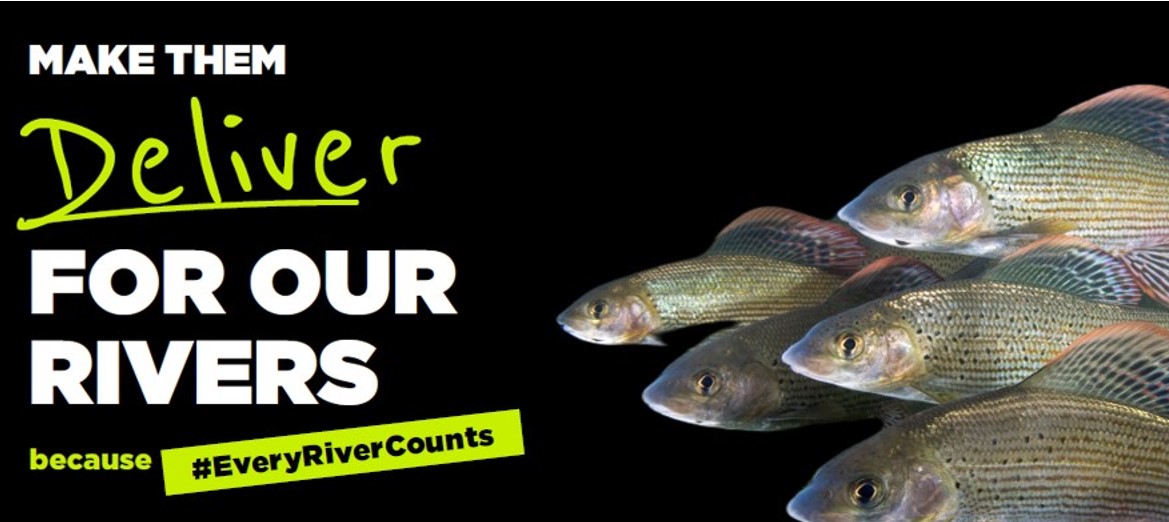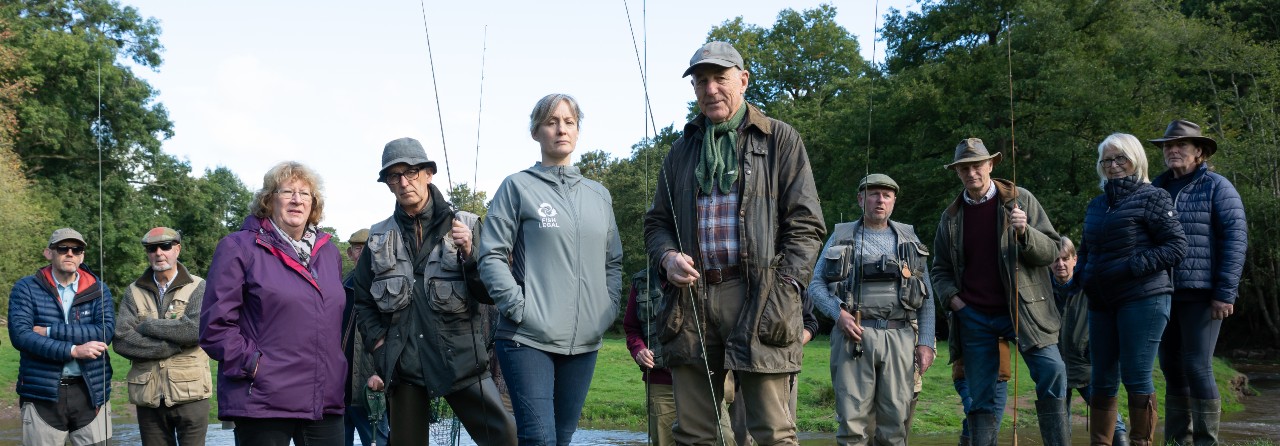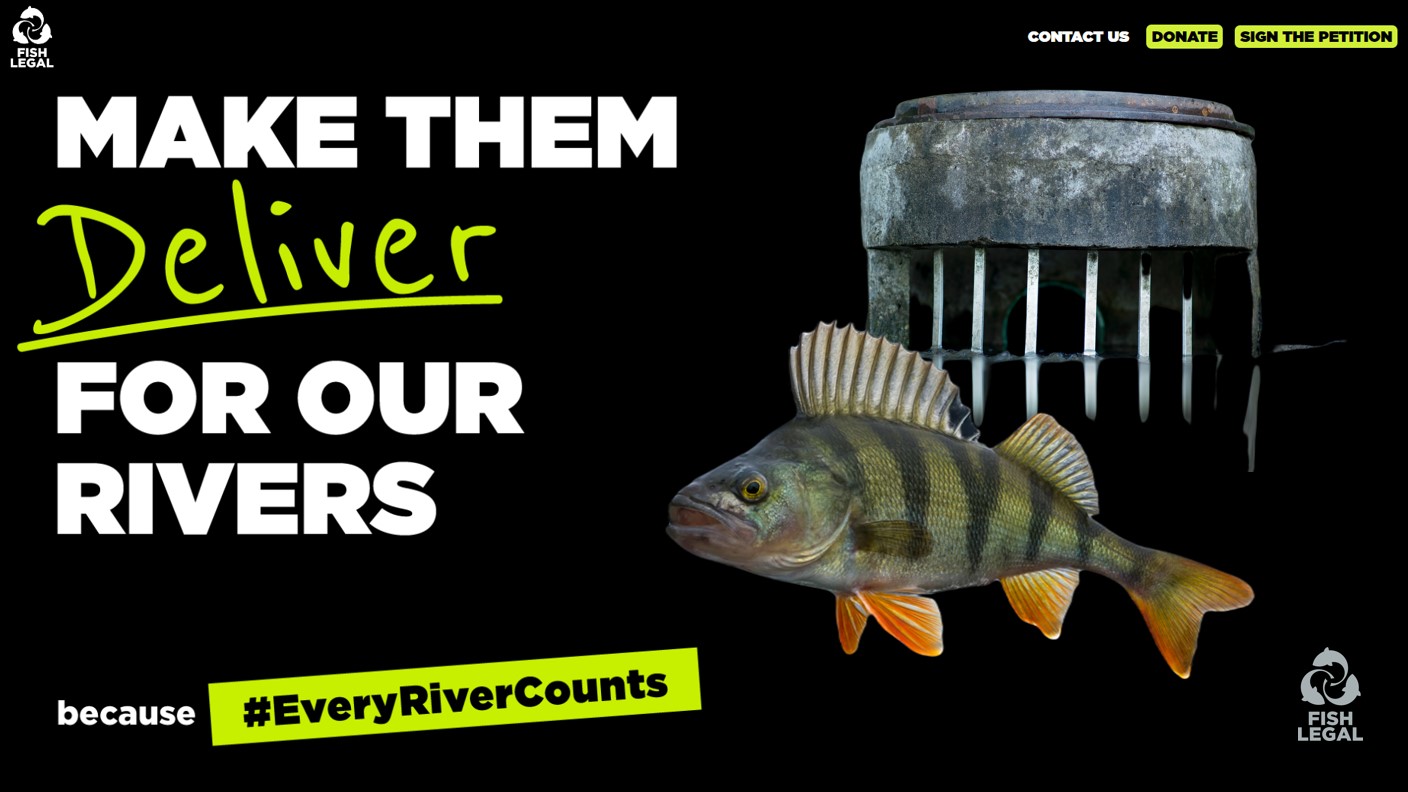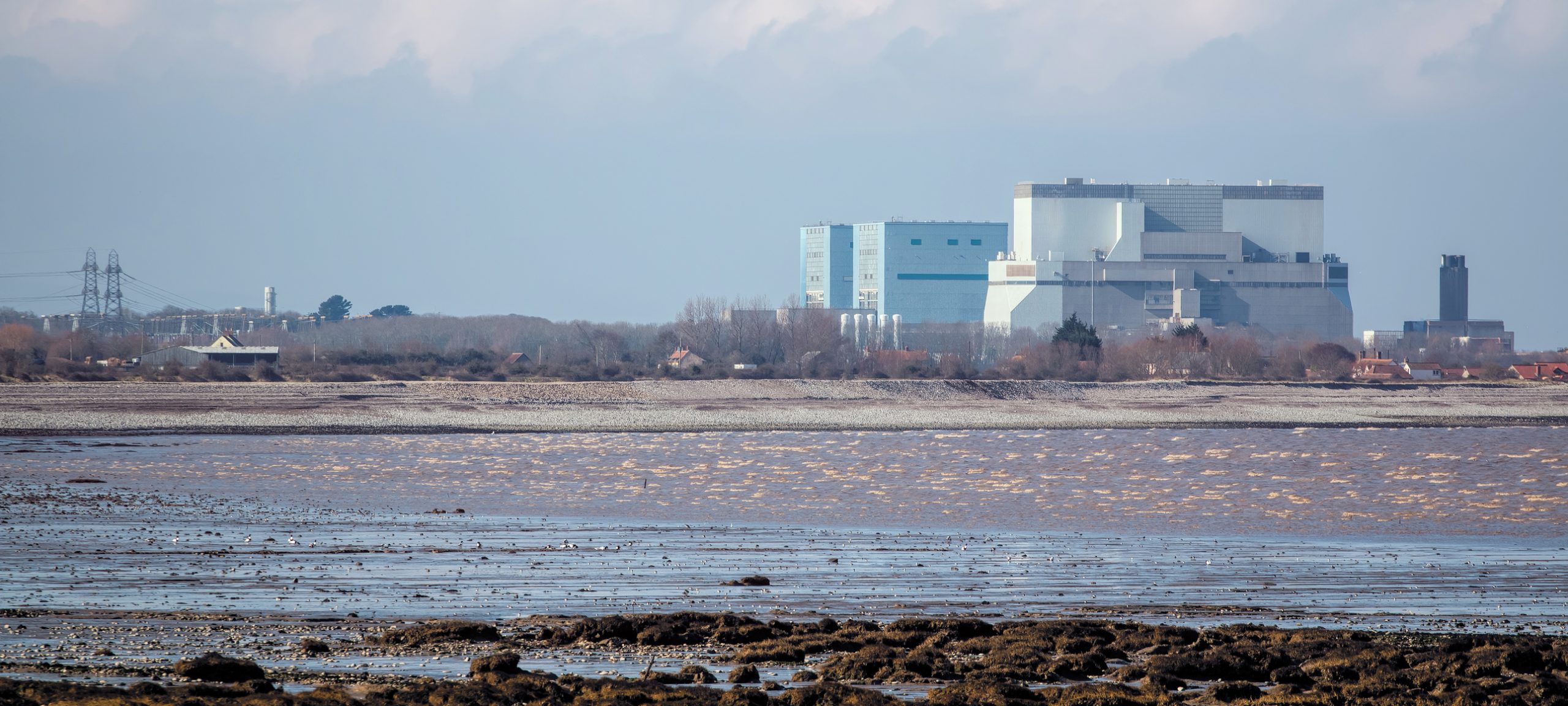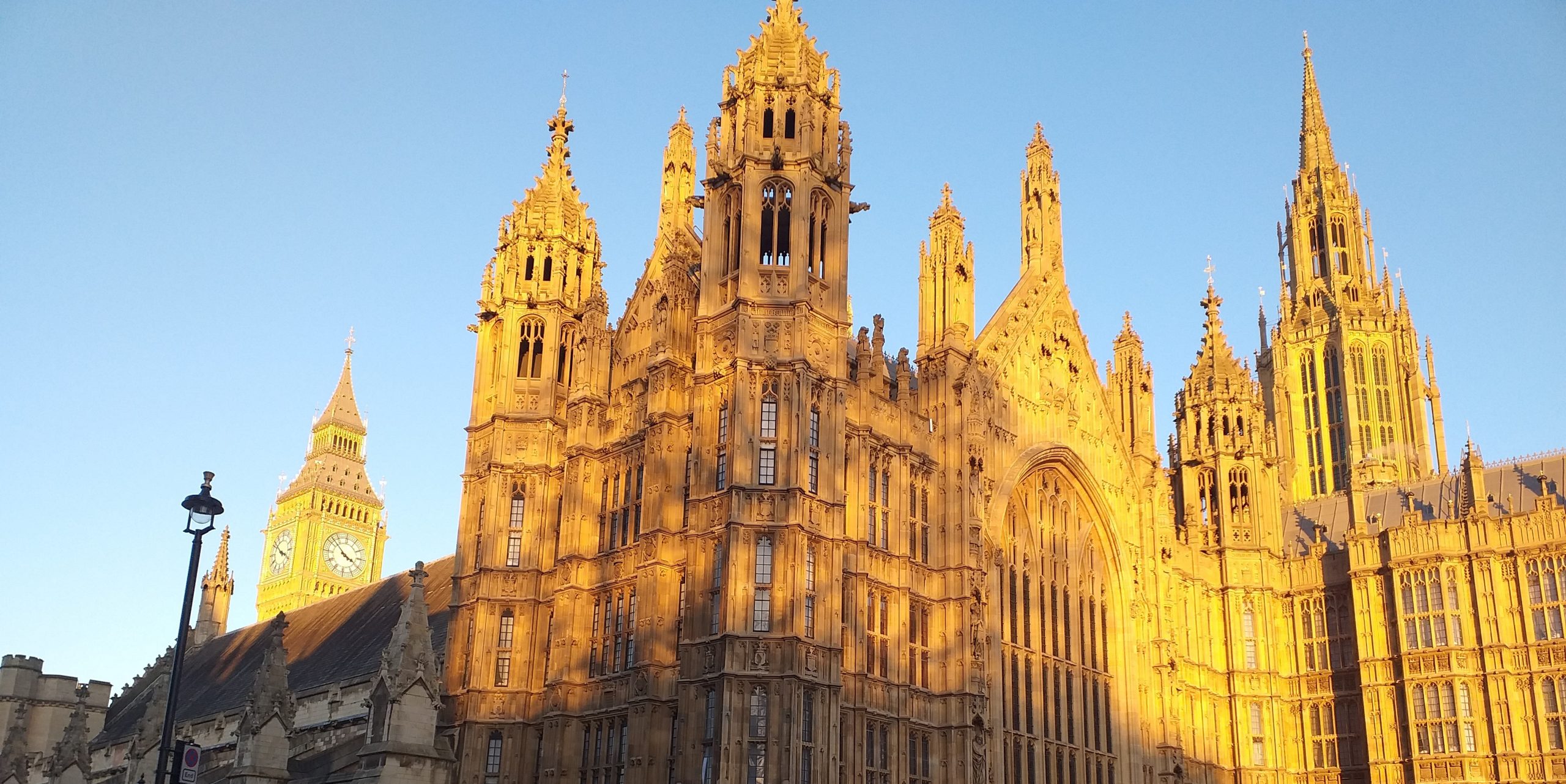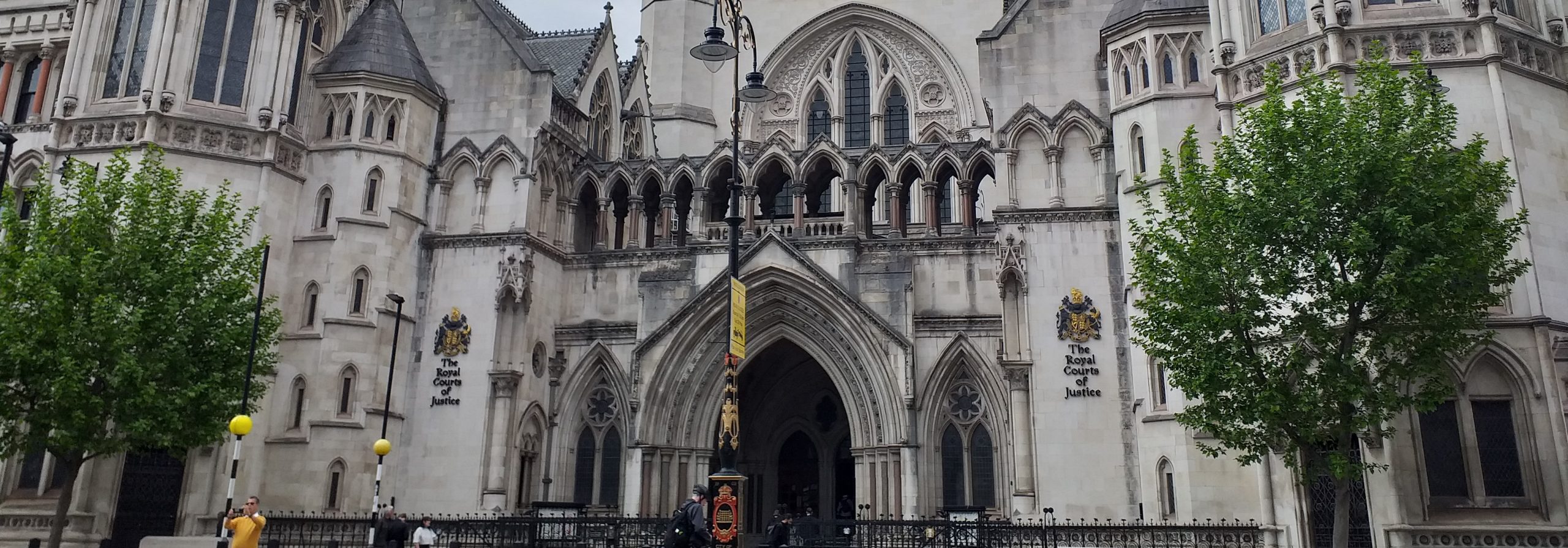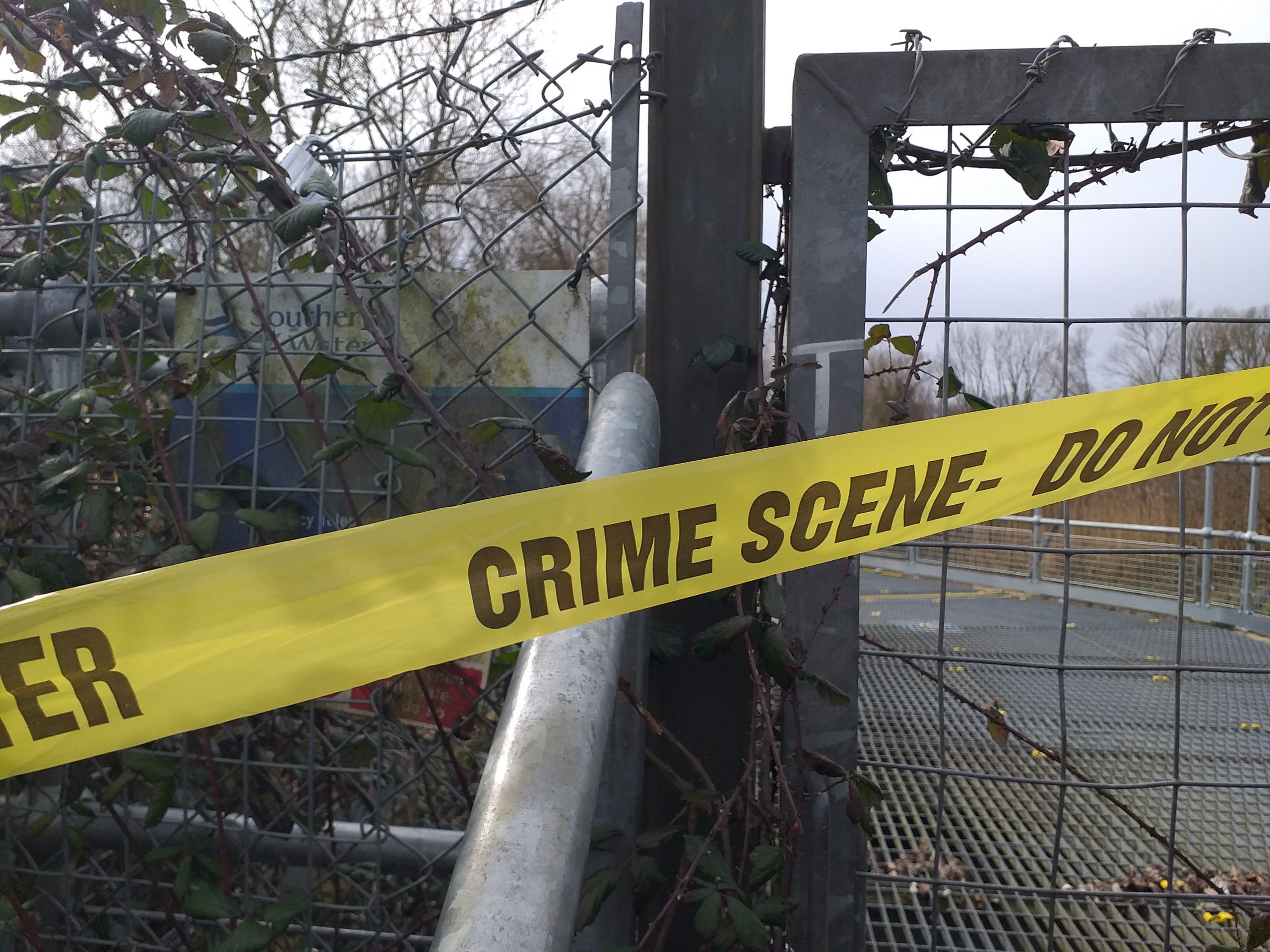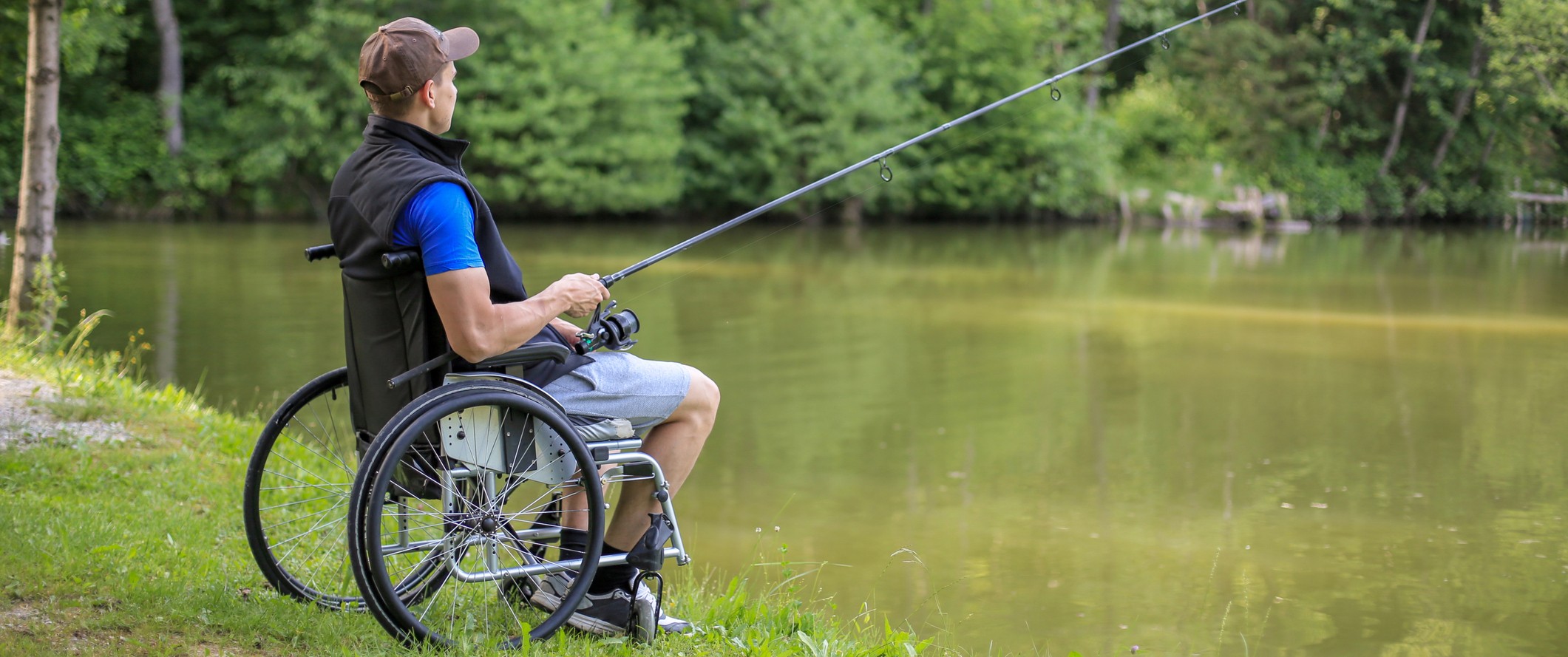News
Southern Water drought plan for rare chalk stream faces challenge for failure to protect wild salmon
A proposal by utility Southern Water to lift restrictions on the amount of water it takes from the River Test is being challenged by anglers. On 19 July the water company submitted a Drought Permit application to the Environment Agency to continue abstracting water even if the river fell below an agreed minimum level, previously set for the protection of the Test’s salmon population. Fish Legal and the Testwood & Nursling fishery near Southampton have called for a formal hearing to decide the application, arguing that Southern Water have made inadequate efforts to minimise customer demand and to plan for mitigating the impact on the river’s fish stocks and ecology, something they are required to do by law.
Southern Water’s current licence allows them to take water from the Test as long as the flow does not drop to below 355 million litres per day (mld), called the ‘hands-off flow’ limit. This limit was set by the Environment Agency following a public inquiry in 2018. The utility company now want this level to be reduced temporarily to 265mld – something envisaged at the inquiry but only under exceptional circumstances and subject to rigorous pre-conditions.
While Southern Water claim to have taken steps to cut people’s water use and reduce leakage in Hampshire, continued abstraction to below the hands-off flow limit could seriously threaten the Test’s ecology and fish stocks, including Atlantic salmon and sea trout that are already being stressed due to low flows. Defra’s latest assessment of principal salmon rivers, of which the River Test is one, was published on 25 July 2022 and shows that 74% of rivers in England are now ‘at risk’. This means that wild salmon stocks are no longer at sustainable levels but are threatened with irreversible decline or even extinction.
Andrew Kelton, Solicitor at Fish Legal added:
“This drought permit, if it is granted, will allow Southern Water to continue their present abstractions from the River Test, further reducing already critically low flows, just upstream of where many of the Test salmon will have congregated in the summer before migrating further upstream to spawn later in the year. The drought permit will inevitably harm fish by reducing already extremely low, deoxygenated, warm water a great deal further and predictably leading to fish deaths. Southern Water have made some initial – and untested – plans for fish rescue and relocation, but I am not aware that this has ever been successfully done for migratory adult salmon.”
He added:
“We have asked the Environment Agency to call a formal hearing to review the details of this application and give us the opportunity to argue the case for the salmon, because this decision, which could effectively condemn the fish currently in the river and have serious implications for future stocks, cannot be made behind closed doors”.
Penelope Gane, Head of Practice at Fish Legal, said:
“With a dry winter and spring, a drought was virtually inevitable this summer. Yet water usage in the area has actually gone up since October 2021, which suggests that the water company’s efforts to ‘manage demand’ have not been working”
She added:
“Southern Water drought planning has not put the environment first. It is only belatedly that they have warned customers across Hampshire and the Isle of Wight that they intend to bring in a hosepipe ban. That says that only in extremis and at the last minute will Southern Water take proactive measures to protect the environment, in this case a rare chalk stream that is a habitat for salmon, rather than just continue with business as usual. That may be because when they do bring in restrictions their customers start to look at the water company’s performance in stopping leakage from their system – for Southern Water approximately 88 million litres of water per day – and questioning how their water bill is being spent”.
Fish Legal represented its members at the 2018 public inquiry, introducing expert evidence to challenge the modelling for Southern Water’s proposal to build a new £50m pipeline that would have been able to transfer up to 45 million litres of extra water a day from the River Test to the water supply for East Southampton
Coming out of the inquiry, the water company committed instead to developing non-environmentally harmful alternative supplies for the Southampton area, in particular a new £100m supply reservoir to be built by neighbouring Portsmouth Water at Havant Thicket. Part of the agreement was that in the meantime (until 2027), Southern Water would be able to apply for Drought Permits allowing them to infringe the protective ‘hands-off flow’ limit on the Test, but only in demonstrably exceptional circumstances and subject to strict pre-conditions and public scrutiny, including, if necessary, a public hearing.
